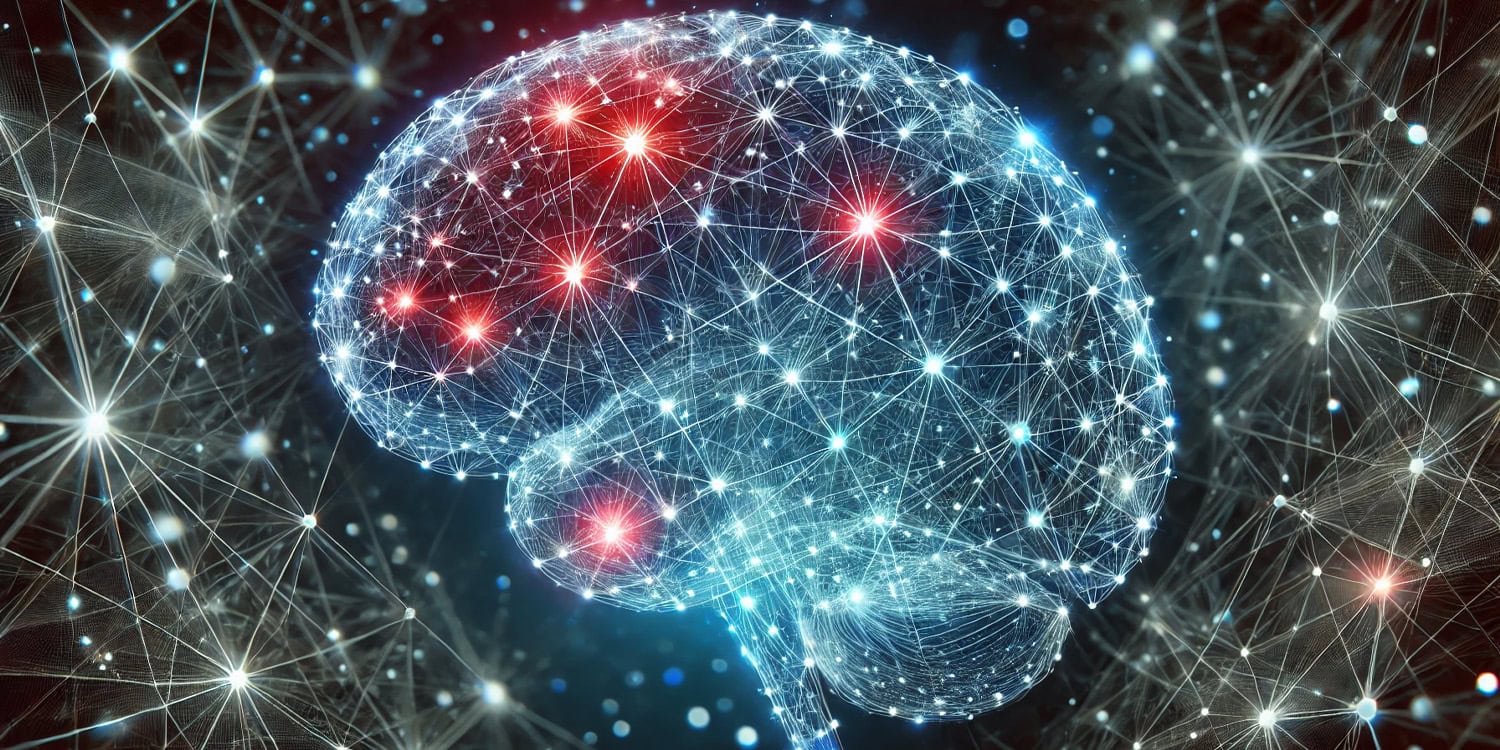Maze
吃瓜群众

New study links brain network damage to increased religious fundamentalism
Recent research found that damage to specific brain networks, primarily in the right hemisphere, is linked to higher levels of religious fundamentalism. These brain regions are involved in cognitive functions like reasoning, belief formation, and moral decision-making.
A new study published in Proceedings of the National Academy of Sciences suggests that specific networks in the brain, when damaged, may influence the likelihood of developing religious fundamentalism. By analyzing patients with focal brain lesions, researchers found that damage to a particular network of brain regions—mainly in the right hemisphere—was associated with higher levels of fundamentalist beliefs. This finding provides new insight into the potential neural basis of religious fundamentalism, which has long been studied in psychology but less so in neuroscience.
Religious fundamentalism is a way of thinking and behaving characterized by a rigid adherence to religious doctrines that are seen as absolute and inerrant. It’s been linked to various cognitive traits such as authoritarianism, resistance to doubt, and a lower complexity of thought. While much of the research on religious fundamentalism has focused on social and environmental factors like family upbringing and cultural influence, there has been growing interest in the role of biology. Some studies have suggested that genetic factors or brain function may influence religiosity, but until now, very little research has looked at specific brain networks that could underlie fundamentalist thinking.
The researchers behind this study wanted to address a critical gap in understanding how brain lesions might affect religious beliefs, particularly fundamentalism. Prior research suggested that damage to the prefrontal cortex could increase fundamentalist attitudes, but this work was limited to small sample sizes and focused only on one part of the brain. The authors of the study hypothesized that instead of a single brain region being responsible, religious fundamentalism might arise from damage to a distributed network of connected brain regions.
